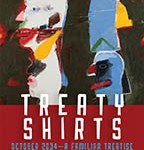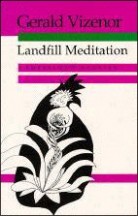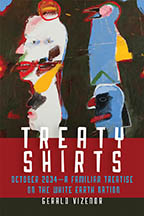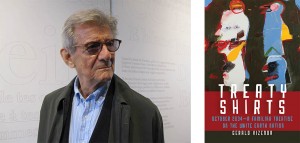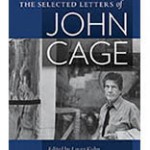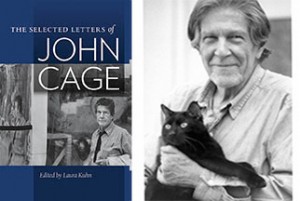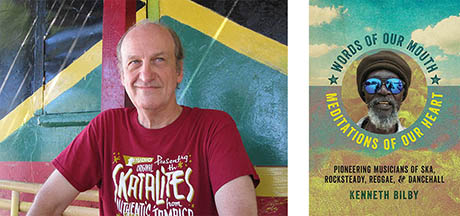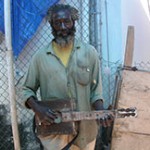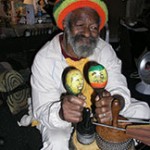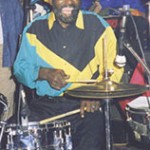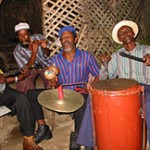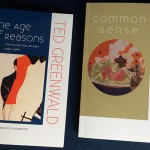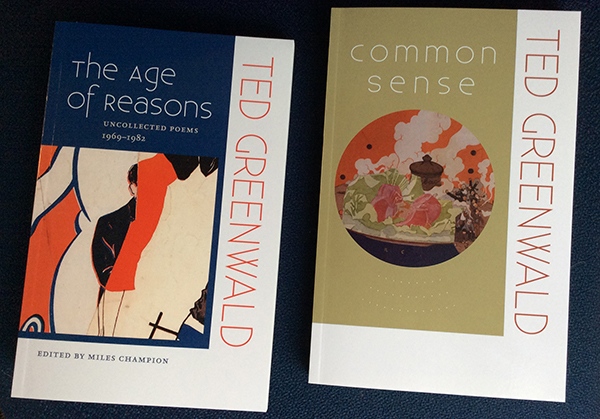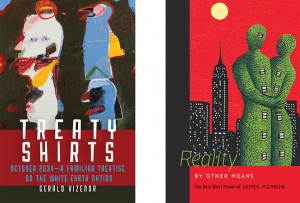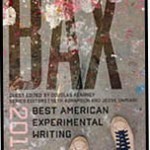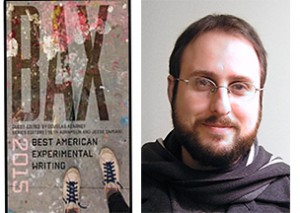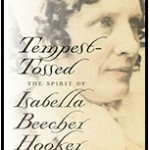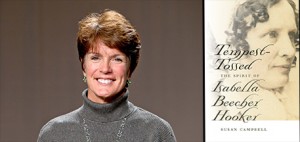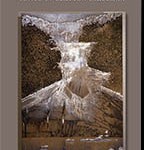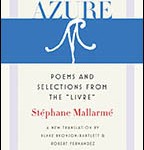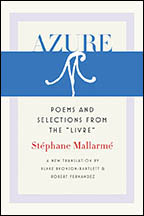A vital compendium of poetic vision
From 1981 to 2000, Sulfur magazine presented an American and international overview of innovative writing across forty-six issues, totaling some 11,000 pages and featuring over eight hundred writers and artists, including Norman O. Brown, Jorie Graham, James Hillman, Mina Loy, Ron Padgett, Octavio Paz, Ezra Pound, Adrienne Rich, Rainer Maria Rilke, and William Carlos Williams. Each issue featured a diverse offering of poetry, translations, previously unpublished archival material, visual art, essays, and reviews. Sulfur was a hotbed for critical thinking and commentary, and also provided a home for the work of unknown and younger poets. In the course of its twenty year run, Sulfur maintained a reputation as the premier publication of alternative and experimental writing. This was due in no small measure to its impressive masthead of contributing editors and correspondents: Marjorie Perloff, James Clifford, Rachel Blau DuPlessis, Keith Tuma, Allen Weiss, Jed Rasula, Charles Bernstein, Michael Palmer, Clark Coolidge, Jayne Cortez, Marjorie Welish, Jerome Rothenberg, Eliot Weinberger, managing editor Caryl Eshleman, and founding editor Clayton Eshleman.
A Sulfur Anthology offers readers an expanded view of artistic activity at the century’s end. It’s also a luminous document of international poetic vision. Many of the contributions have never been published outside of Sulfur, making this an indispensible collection of poetry in translation, and poetry in the world.
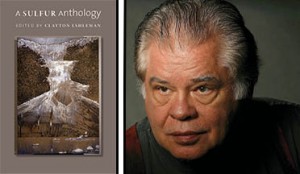
CLAYTON ESHLEMAN is an American poet, translator, and editor. He is a professor emeritus at Eastern Michigan University.
[in order per CE]
“Begun in 1980 and finished by 2000, Sulfur marked with self-conscious brilliance the culmination cycle for the postwar literary magazine wave that had commenced in 1950 with Cid Corman’s Origin. As an editor, Clayton Eshleman has continuously refined our understanding of poetry by means of intellectual engagement and real commitment to implicating the poet’s artistry in the crucially extensive context of community, cosmos, history, myth, politics, and psyche. Truly, his lifelong dedication to assembling forms of international modernism, statements from depth psychology, texts of innovative poetry, and translations of world poetry is unsurpassed. Hence A Sulfur Anthology is guaranteed to further the refinement process that Eshleman initiated in 1980. From Ezra Pound to Barbara Mor, from Aimé Césaire to Rae Armantrout, from Robert Duncan to Ron Silliman, from Antonin Artaud to Amiri Baraka, from Mina Loy to Linh Dihn, from René Char to Paul Celan, and much more—this anthology radiates a monumental pulse that recounts all the turning points needed for readers in the twenty-first century to understand that Sulfur persists as the most indispensable literary magazine authorized by the Imagination.”
—Kenneth Warren, author of Captain Poetry’s Sucker Punch: A Guide to the Homeric Punkhole, 1980–2012
“A Sulfur Anthology presents an essential selection from the now legendary journal of the Whole Art, but it’s no mere greatest hits collection: experimental and unruly, it’s a kaleidoscopic assemblage of poetry and poetics, archival materials, translations, critical commentary and essays, shocking in range and diversity; an open site for an all too unique communal inquiry into poetry, from its sources in psychology and history to its furthest possibilities of expression, intimate and political. Sulfur was a touchstone for two generations of poets; reading A Sulfur Anthology reminds me what the fuss was all about. But more than that, A Sulfur Anthology is bursting with news that stays news: a retrospective volume with its sights on the far horizon.”
—Stuart Kendall, California College of the Arts
“Sulfur must certainly be the most important literary magazine that has explored and extended the boundaries of poetry. Clayton Eshleman has a nose for smelling out what is going to happen next in the ceaseless evolution of living art.”
—James Laughlin
“In an era of literary conservatism and sectarianism, the broad commitment of Sulfur to both literary excellence and a broad interdisciplinary, unbought humanistic engagement with the art of poetry has been invaluable. Its critical articles have been the sharpest going over the last several years.”
—Gary Snyder
Publication of this book is funded by the
Beatrice Fox Auerbach Foundation Fund
at the Hartford Foundation for Public Giving.
From Sulfur #27, “Zero” by Milton Kessler:
The Ch-ing Emperor’s troupe of buried horses
The visor-blinded horses of the jousts
The pompadoured bronze horses of the Renaissance
The Elgin horses roped and dragged from Athens
The Generalissimo’s mount in Freedom Square
The noble cheval burst by English archers
The cannon deaf cavalry of Bull Run
The Imam’s Arabians writhing on the cross of Allah
The dive-bombed horse with tongue of broken glass
Seigfried’s horror horse with Panzer lancer
Horses were never interested in war
War no longer interested in horses
The investment stallions seeding twitched mares
The ground horse catfood of the dispossessed
The cast horses in the Mafia stables
The shiver brained coursers wearing buttercups
The cossack horses higher than whole villages
The porcelain dancers of the Lippizaner
The Indian ponies trained to die like savages
The slipping horsefeet of Alexander Nevsky
The heart-horned horses of the picadores
The cigarette horses branded sex and death
The pinup stallions of gold college girls
The cowboy’s true horse on the lonely range
The dawn is the head of a sacrificed horse
December
536 pp., 6 x 9”
Unjacketed Cloth, $85.00 x
978-0-8195-7394-0
Paper, $27.95
978-0-8195-7531-9
eBook, $21.99 Y
978-0-8195-7532-6
